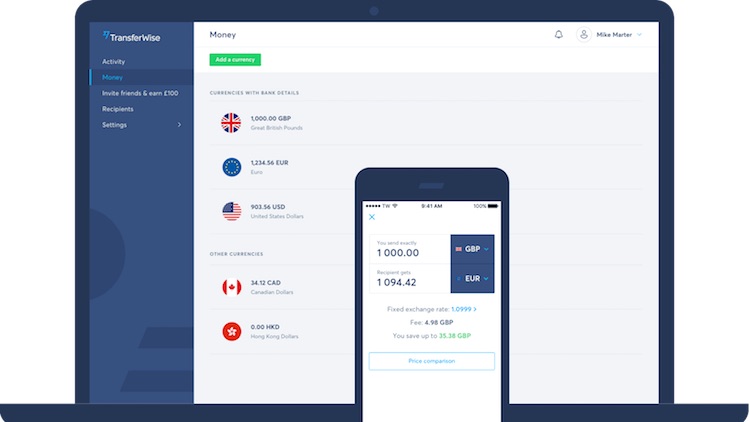BNPL, Payments
‘Zero of my profits will come from late fees’: Affirm’s Max Levchin on building trust in lending
- In a recent fireside chat, Affirm's Max Levchin reflected on the early days of building Affirm, offering insights into the challenges of getting the company off the ground and shaping its installment products.
- Levchin also spoke about the decisions behind Affirm's product structure and the personal experience of navigating a space that was still largely undefined early on.
10Q Editor | May 29, 2025
Banking, Partner, Payments
With chargeback volume set to hit 324 million in 2028, merchants and issuers need to find a way to protect their bottom line
- Factors like the increase in digital payments adoption are contributing to a rise in the global volume of chargebacks, and a significant chunk of this volume will reside in North America.
- Today's story gives an industry-wise breakdown on chargebacks, and a deep dive on what strategies merchants and issuers are currently using to combat chargebacks and where they can improve.
Rabab Ahsan | April 15, 2025
Artificial Intelligence, Payments
A deep dive into how Amex’s new Frontier Research Team is using AI and ML to build better modeling solutions
- In this deep dive, we explore the role of Amex’s newly formed Frontier Research Team — where it sits within the organization and how it helps surface emerging AI use cases.
- We also look at the team’s learning culture, and the tools and resources that empower its data scientists to stay sharp, inquisitive, and continuously evolving.
Sara Khairi | April 10, 2025
Building a platform, Designing new products, Payments
Why Brex needed a 3.0 moment — and how the new operating model is less about code and more about vision
- Brex entered its 3.0 phase in 2024, rebuilding its internal structure — reshaping its operating model, execution, and leadership approach.
- We dive into why this pivot was a make-or-break moment for Brex. Over a year into Brex 3.0, its effects are coming into focus — we analyze what’s working and what needs work.
Sara Khairi | March 13, 2025
Blockchain and Crypto, Payments
How PayPal is bridging crypto and commerce through payments
- PayPal is carving out a spot in the crypto landscape but with a calculated approach.
- We take a closer look at PayPal’s crypto evolution, its applications, and the give-and-take of digital transactions.
Sara Khairi | February 27, 2025









